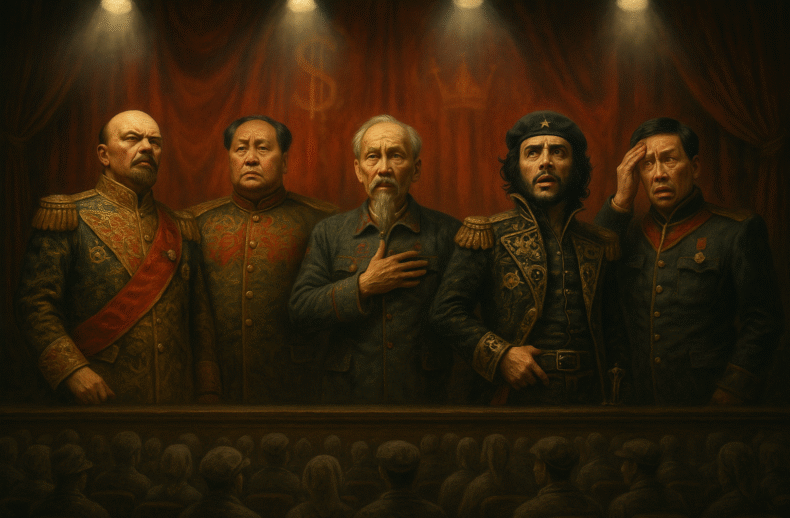Modern society is addicted to recognition—from social media validation to consumer status games—creating a cycle of anxiety, ego inflation, and performance pressure. But deep in the forests of Borneo and the Amazon, Indigenous tribes live with remarkable emotional stability and coherence, untouched by the loop of endless visibility. This essay explores how these cultures contain the brain’s demand for recognition inside stable social forms—and how Eidoism draws on their example to propose a return to meaning, function, and structural sufficiency in a post-performance world.













